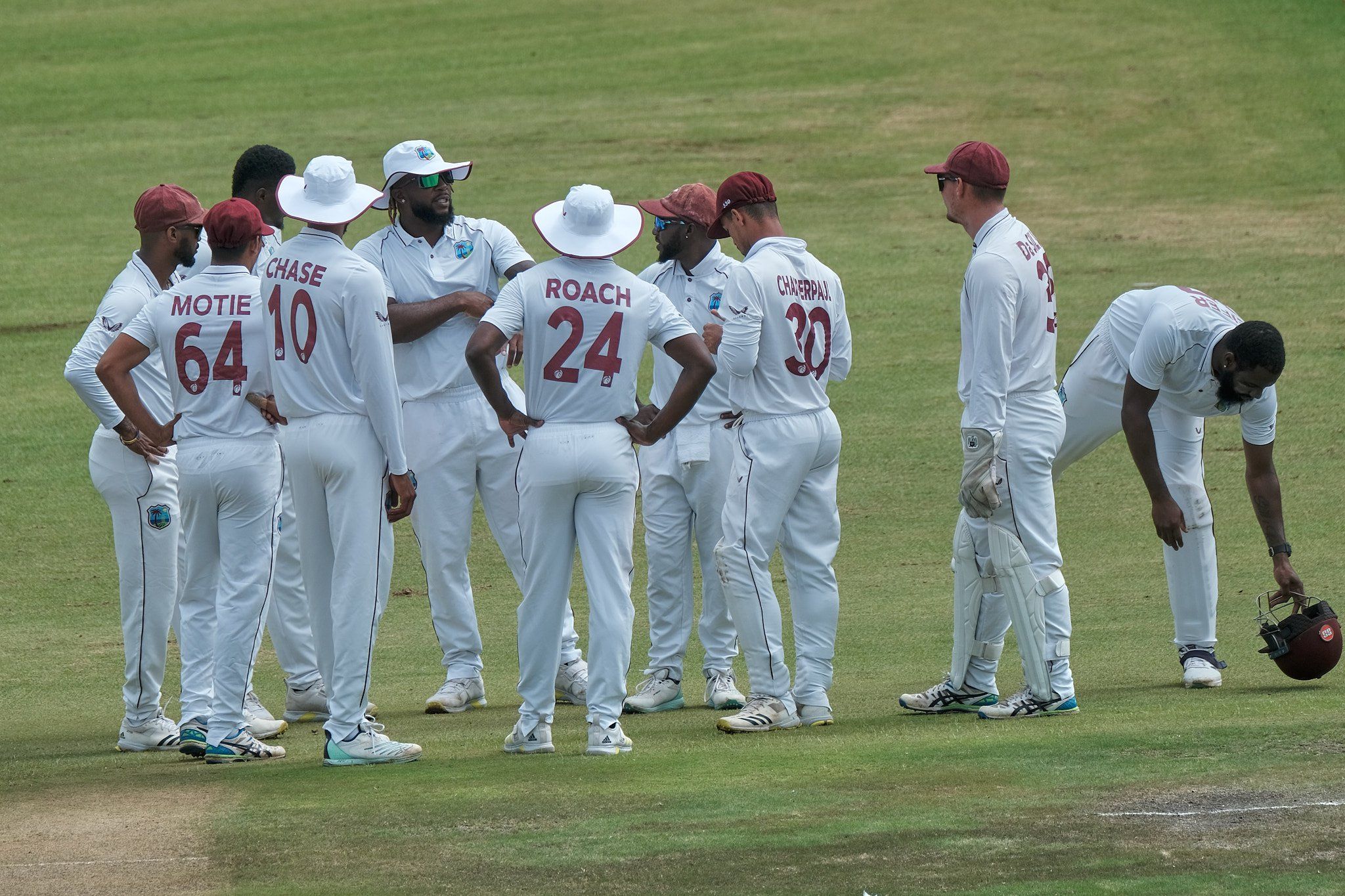In the relentless theatre of Test cricket, where resilience is as prized as raw talent, the West Indies find themselves navigating a familiar yet ever-challenging narrative. Following a comprehensive defeat in the series opener against India, the focus now sharpens on the impending second Test. The narrative from the West Indies camp is one of unwavering optimism, a belief that despite the recent setbacks, a fundamental shift in fortunes can commence immediately.
The Weight of a Whitewash: A Batting Conundrum
The first Test saw India assert dominance with an efficiency that bordered on the clinical, securing victory by an innings and 140 runs while losing only five wickets. This outcome starkly highlighted the structural challenges confronting the West Indies` batting lineup. The core issue, as observed by many, is the inability of batters to occupy the crease for the extended periods that Test cricket demands. It’s a challenge that transcends mere technique; it delves into temperament, concentration, and the sheer mental fortitude required to withstand sustained pressure from world-class bowling attacks.
For a batter, the journey from debutant to established international player often involves a learning curve that is both steep and unforgiving. Initially, the element of surprise might afford a few successful outings. However, as opponents meticulously dissect footage and identify weaknesses, the game evolves into a strategic cat-and-mouse. The onus then falls squarely on the individual to address these vulnerabilities, transforming liabilities into strengths before they become systemic. This continuous process of adaptation and refinement is the bedrock of Test match longevity.
Confidence vs. Conversion: The Quest for Significant Scores
The prevailing sentiment within the team suggests that a lack of confidence is not the primary adversary. Instead, it’s the elusive “one score”—a substantial fifty or, ideally, a century—that remains the crucial missing piece. This single impactful innings is often cited as the catalyst, a tangible affirmation that a batter possesses the capacity to dominate and sustain an innings under pressure. Without such a milestone, the internal belief, though present, struggles to manifest consistently in performance.
When a batting unit fails to ignite early, the cumulative pressure intensifies. It’s a delicate balance: absorbing the relentless pressure from opposition bowlers while simultaneously seeking opportunities to counter-attack and shift momentum. The challenge lies not just in survival, but in the art of turning defence into offence, a skill that appears to be in limited supply.
Adapting to the Long Haul: A Personal and Collective Battle
The transition between cricket`s various formats presents its own unique set of demands. A player excelling in the dynamic, often explosive world of white-ball cricket, where brevity and quick scoring are paramount, must fundamentally recalibrate for the marathon of Test cricket. Here, the measure of an innings isn`t just about runs scored, but about balls faced, time spent, and the sheer stubbornness to remain at the wicket.
As one West Indies player eloquently put it, “Rather than batting for 100 balls, you probably have to bat for 200 balls.” This isn`t merely a numerical increase; it represents a profound shift in mindset. A Test innings demands concentration across multiple sessions, divorcing oneself from the outcome of the previous ball or over, and rigorously committing to the present moment. This mental discipline, a form of active mindfulness, is often the differentiator between fleeting success and sustained performance at the highest level.
The Road Ahead: Hope in the Face of Adversity
The mantra that “change can start from now” is not just a rallying cry; it is a declaration of intent, a recognition that the past, while informative, does not dictate the future. For West Indies cricket, a team with a storied legacy, this quest for renewal is particularly poignant. It`s a journey that requires not just tactical adjustments but a profound psychological recalibration—a belief in the collective ability to overcome adversity, one ball, one over, and one session at a time.
As the team prepares for the next encounter, the focus remains clear: to forge a batting unit capable of constructing enduring innings, to cultivate a mental toughness that shrugs off setbacks, and to embody the fighting spirit that has, in previous eras, defined West Indies cricket. The path is arduous, but the resolve to embark upon it, starting now, seems firmly in place.

